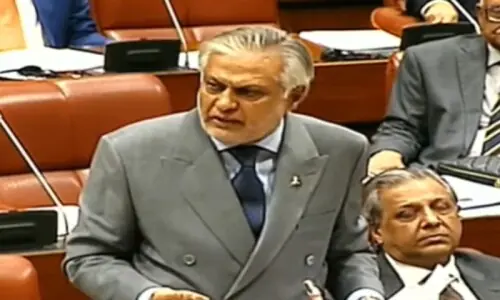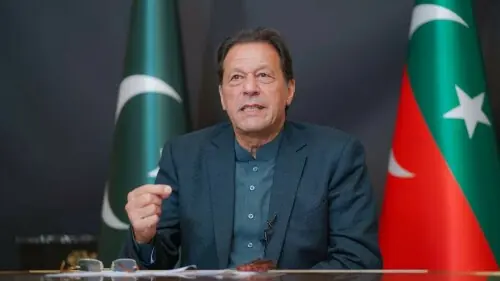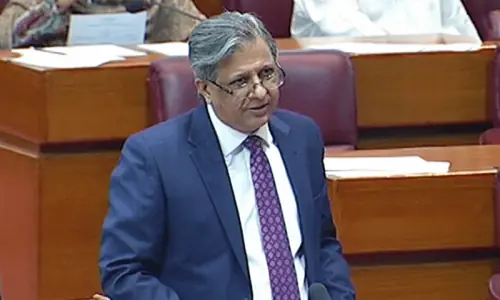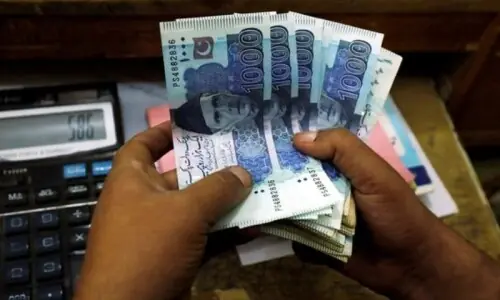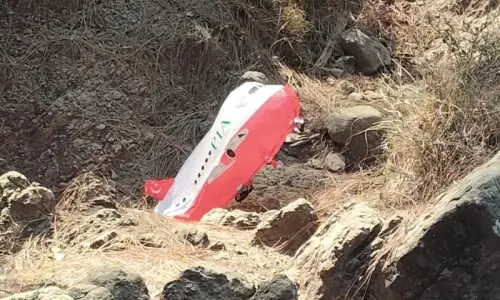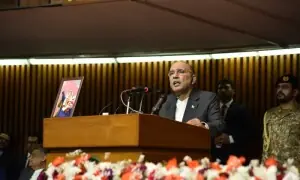 |
Considering the restricted success of various strategies to eradicate polio and the rising number of infected children in the country few, if any, should be surprised at the World Health Organisation’s travel restriction recommendation on Pakistanis.
While the WHO cannot impose travel restrictions itself, based on it's recommendation, countries around the world can make travelling abroad for Pakistanis a more difficult task than it already is.
There are questions that need to be answered in the wake of these recommendations, such as, what do these travel restrictions mean? How is Pakistan to remove itself from yet another blacklist? When would that likely occur?
The restriction recommends that Pakistanis wanting to travel outside the country provide a certification issued by the health department, stating they have been administered anti-polio vaccine. The exact process to acquire the certification is still in the works, according to officials from WHO.
The Emergency Coordinator for polio eradication in Pakistan, Dr Elias Durry explains the two-part criteria Pakistan needs to meet:
The recommendation, which is supposed to be implemented as soon as possible, includes a certification, prior to travel. It will also include stringent efforts to access children in areas which were previously restricted.
Additionally, Pakistan is informally labelled as an ‘exporter of polio’ when strains of the virus originating from the country were found in China, Syria, Egypt, Israel and Palestine.
“There needs to be no more import/export of polio virus for at least six months,” Durry explains.
Access to children who are often not included in the campaign either due to geographical restrictions or families refusing to get them immunised should be the central focus on the efforts, Durry advises.
Also read: Pakistan on crutches
“People need to understand that most of Pakistan is polio-free. Attention needs to be given to Fata, parts of Khyber Pakhtunkhwa and some areas of Karachi which remain infected,” the health expert says, adding,
If success is achieved in these areas, Pakistan is very close to eradicating polio.
The health organisation will evaluate the situation in three months and then again in six months, at which point the imposition of travel restrictions will be reviewed, depending on Pakistan's progress.
Also read: Paralysing Pakistan
Pakistan is one of three countries where polio is endemic, joined by Nigeria and Afghanistan. Both the other countries have, however, exhibited marked improvement in their efforts to eradicate the crippling virus.
Pakistan, in particular continues to fight the battle against polio on various fronts including: the security situation, family refusals, access to far-flung areas and an ineffective cold chain management, risking thousands of children to a life of permanent paralysis.


